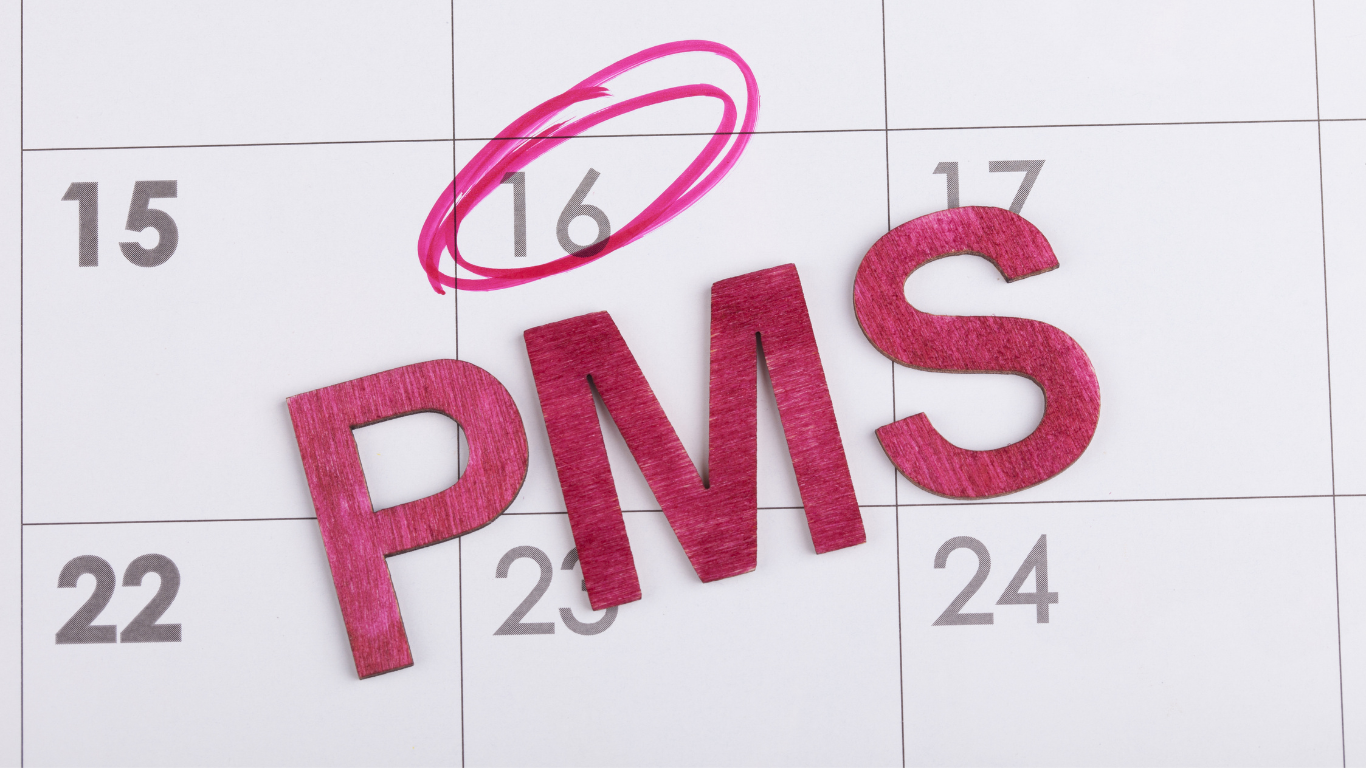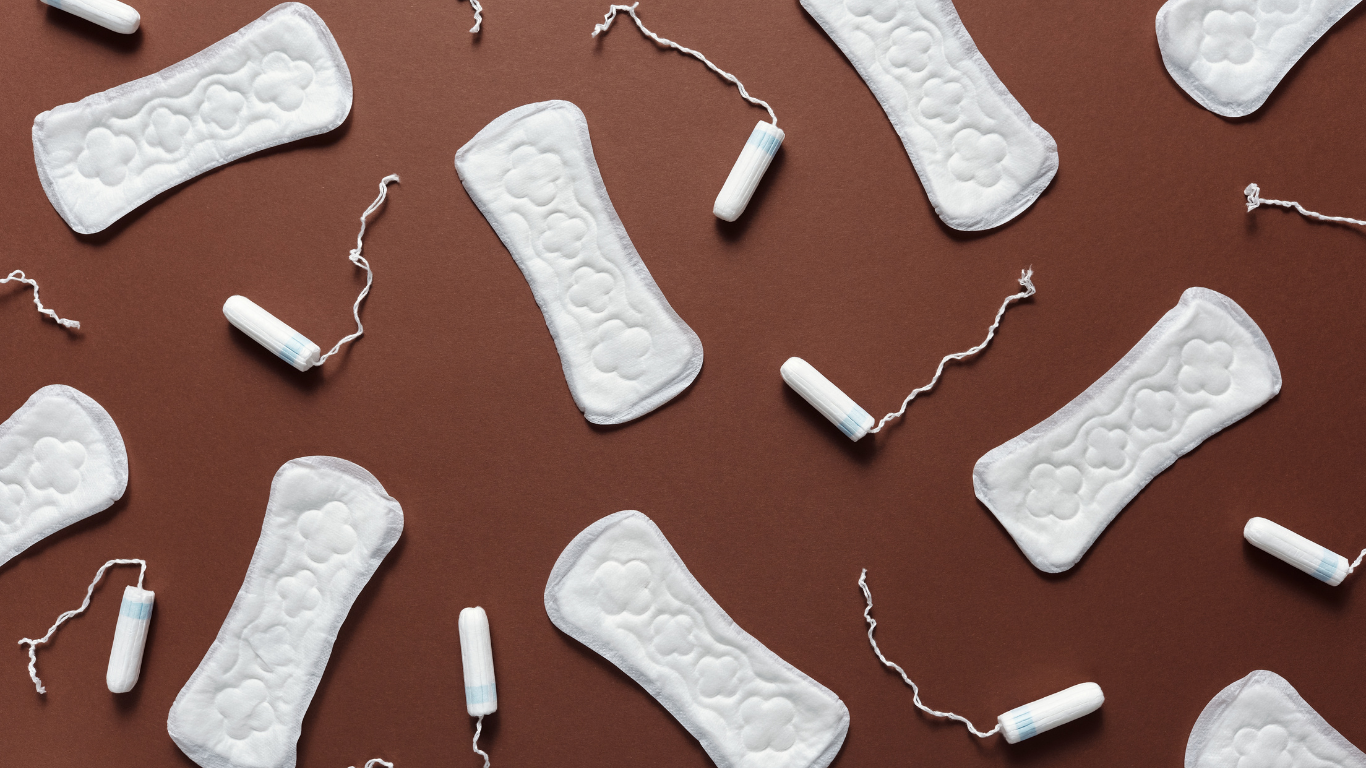
Disclosure: This blog post contains some affiliate links. The author will receive a small commission through some of the highlighted products but this did not influence which products have been recommended. Where discount codes have been provided, the author will not receive benefit as a result of you utilising the code – it’s just a gift for you!
You may have heard that ovarian reserve is an important predictor of fertility. If you’ve been told you have a low ovarian reserve, you might wonder if it’s possible and how to increase eggs in the ovary. This blog will explain what ovarian reserve is, how testing it can guide fertility decisions, and most importantly, how you can support and improve your ovarian reserve. Read on to find out more!
What is ovarian reserve?
Ovarian reserve refers to the number of a woman’s remaining eggs. It offers insight into potential fertility and can help with pregnancy planning. However, when considering fertility it’s not just about how many eggs you have; egg quality plays a critical role too.
How can I find out what my ovarian reserve is?
There are two main indicators used to assess ovarian reserve:
- Anti-Müllerian Hormone (AMH): A hormone produced by the developing egg sacs (follicles) in your ovaries. AMH levels give a measure of ovarian reserve because they correlate with the number of developing follicles. A higher AMH level indicates a greater number of follicles and eggs remaining.
If you discover that your AMH level is lower than average for your age, don’t panic. Evidence suggests that nutrition, lifestyle changes, and supplements can support follicle development and improve AMH levels, increasing your chances of conception.
- Antral Follicle Count (AFC): This test uses ultrasound to count the small follicles in your ovaries, each of which has the potential to develop into a mature egg. A low AFC Indicates fewer growing follicles and may suggest a diminished ovarian reserve, but it is not the sole factor determining fertility.
Can I get pregnant naturally with low AMH/AFC?
Yes! Even with low AMH or AFC levels, pregnancy is still possible. Remember, you only need one good egg to conceive. While the number of eggs matters, quality is just as crucial.
You can positively influence the quality of your remaining eggs, improving the chances of fertilisation and embryo development. Additionally, by supporting follicle development, more high-quality follicles may mature, which can be particularly helpful during IVF or egg freezing.
Can You Increase the Number of Eggs in Your Ovaries?
Many people ask, ‘how to increase eggs in the ovary’ but unfortunately, we can’t. You are born with all the eggs you’ll ever have, and the number naturally declines with age. However, genetics, health, nutrition, and lifestyle can also influence this decline.
While you can’t increase the number of eggs, you can work on protecting and improving the quality of the eggs you have. Simple changes to your diet and lifestyle, as well as the right supplements, can support ovarian health and improve your overall fertility.
By optimising our ovarian environment by reducing levels of oxidative stress (molecules that cause damage to our cells), reducing inflammation and correcting nutritional deficiencies we can encourage more follicles to grow leading to a higher AFC and AMH levels. Supporting the chances of one of those follicles to grow into a good quality egg that can be successfully fertilised and grow into a good quality embryo.
So rather than focusing on how to increase eggs in the ovary, the focus should be on optimising the ovarian environment and optimising egg quality to make the most of the ovarian reserve you do have.
Is there a low ovarian reserve diet?
Diet plays a key role in supporting egg health, especially for women with low ovarian reserve. While you can’t increase the quantity of your eggs, a healthy diet can improve the quality of your eggs and support the ovarian environment.
How to improve AMH and AFC levels
Here are some evidence-based tips to support your ovarian environment and improve egg quality:
- Consume 2-3 portions of dairy foods per day, this is associated with a slower decline in AMH levels.
- Include foods rich in folate like broccoli, spinach, brussels sprouts, and peas as their antioxidant effects can support ovarian reserve.
- Oily fish is an excellent source of omega-3 fatty acids and are associated with prolonged reproductive lifespan.
- Limit processed foods and those high in saturated fats as these may negatively affect ovarian health.
Supplements to support ovarian reserve
Supplements can be taken along with a healthy balanced diet, which may help with fertility. Some key supplements to support ovarian reserve include:
- Coenzyme Q10 – A fat-soluble substance that supports a healthier environment for follicle development, improving egg quality and reproductive performance. Our top recommendations:
Kaneka Ubiquinol, which provides 200mg per daily serving.
MicroCell CoQ10, provides 200mg CoQ10 and 10mg vitamin E per daily serving
Learn more about how Coenzyme Q10 and fertility are connected in our detailed blog post on this powerful antioxidant.
- Vitamin D Recommended for pregnant women and those trying to conceive. Take a daily dose of 10 micrograms.
For personalised advice on supplements, we recommend booking a 1-1 consultation in our virtual Fertility Nutrition Clinic. For a broader list of evidence-based vitamins that support female fertility, see our Best Fertility Supplements for Women guide.
Lifestyle Factors That Influence Ovarian Reserve
Lifestyle choices can have a significant impact on ovarian reserve. Some tips for improving ovarian health include:
- Maintain a healthy BMI as being underweight or overweight can affect fertility.
- Reduce alcohol consumption as frequent drinking can negatively impact ovarian health.
Conclusion
Understanding your ovarian reserve provides valuable insight into your fertility health. While you cannot increase the number of eggs in the ovary, you can work on improving egg quality and creating a favorable environment for follicle development. A nutrient-rich diet, supplements, and lifestyle changes can make a big difference. Even if your AMH or AFC levels are low, remember that one high-quality egg is more important than several low-quality ones.
If you’re concerned about your ovarian reserve or want more information on how to support it, check out our Egg Quality and Ovarian Reserve Meal Plan or if you’re looking for personalised support, book with our fertility specialist for further guidance.
Last reviewed: July 2025
This article was written by the Fertility Dietitian UK content team and reviewed by Ro Huntriss MSc RD, Consultant Dietitian and Founder of Fertility Dietitian UK.



